Lettuce understand carbs
Carbohydrates have the reputation for being bad. Everywhere you look, people are watching carbs, cutting carbs, or going low-carb. But you need carbs! Carbohydrates are an important fuel source for your body and should be included in a healthy diet. The problem is that many people don’t understand that they can come from good and bad sources…
Whole vs Refined Carbs
Carbohydrates can be whole or refined. Whole sources of carbs are in their natural state, unprocessed and contain fibre—such as a banana. Refined carb sources have been processed and had the natural fibre stripped away—such as a cracker.
Understanding sugar
You may notice that fruits and veggies contain naturally-ocurring sugar. While you should definitely cut sugar in your diet, this does not mean fruit sugar. There is a big difference between sugar from fruit vs refined sugar. Refined sugar is from a process to extract the sugar and is made into things like corn syrup, table sugar, brown rice syrup, brown sugar, coconut sugar, high-fructose corn syrup, and other sweeteners—BAD.
Avoiding fruits because they contain “sugar” is a misinterpretation of their nutritional value. One reason why fruits are incredibly healthy is due to the presence of beneficial vitamins, minerals, fibre, and antioxidants. Fruit will not make you fat. An average banana will provide vitamins, minerals and 20-25% of your recommended daily fibre intake—and getting enough fibre is important for a healthy body weight and protecting against disease such as colorectal cancer.
Good Carbs
The good carbs can be found in foods close to their natural state, which are also loaded with vitamins. Vegetables, fruit, legumes, and ancient grains are all sources of healthy carbs.
Vegetables
Veggies like broccoli, cauliflower, cabbage, kale, and spinach all contain healthy carbohydrates and are high in many vitamins and minerals, including folate, potassium, manganese, iron, and vitamin C and Vitamin K.
Sweet Potatoes & Squash
Sweet potatoes and winter squashes such as butternut squash, acorn squash, pumpkin, and spaghetti squash are a great source of healthy carbs and are loaded with electrolyte-balancing potassium, skin and eye-enhancing beta-carotene and gut-healthy fibre.
Beets
Nitrates in beets can lower blood pressure, boost athletic performance, and improve cognitive function. An excellent source of vitamin C, beets will boost your immune system and help skin cells to regenerate.
Quinoa
Quinoa is a gluten-free ancient grain that’s rich in protein, fibre, vitamins, minerals and healthy carbs. Quinoa has a good dose of B-vitamins which will assist energy levels, brain function, and cell metabolism.
Legumes
Legumes such as chickpeas, lentils and beans are sources of carbohydrates and healthy digestion-aiding and gut-healthy fibre.
Apples
Apples can reduce the risk for cardiovascular disease, type 2 diabetes, Alzheimer’s disease, cancer, asthma, and cognitive decline. In addition to vitamins and minerals, apples contain pectin, a prebiotic fiber that promotes the growth of healthy gut bacteria.
Dates
Dates are high in inflammation-fighting antioxidants, digestion-aiding fibre, and electrolyte-balancing potassium. Despite their sugar content, dates are actually low on the glycemic index and are beneficial for athletes who need quick energy, such as sprinters and slalom waterskiers.
Bad carbs
The bad ones are processed and made with refined flour — such as white bread, pasta, crackers, doughnuts and muffins. Sugary foods, like cookies, cake, candy, and pop, are all void of nutrients and provide empty calories.
Beware of misleading food labels promising low fat, sugar-free, fat-free, enriched, low calorie, and no sugar added. Unfortunately, bad carbs like these have are often disguised as healthy products.
The bottom line
Being a healthy weight, feeling good and making healthy choices is about eating whole foods in their natural state, fresh from the earth.

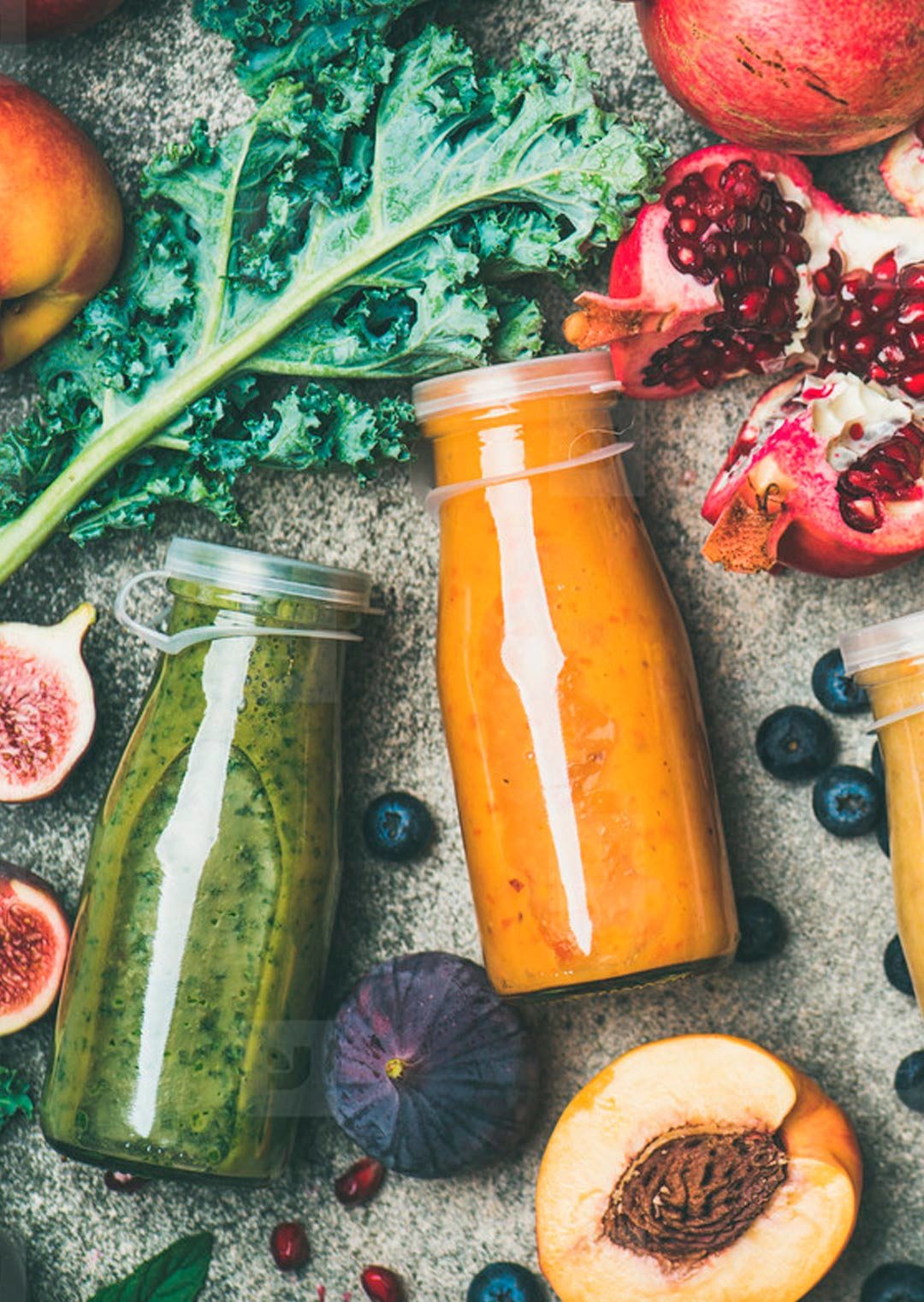
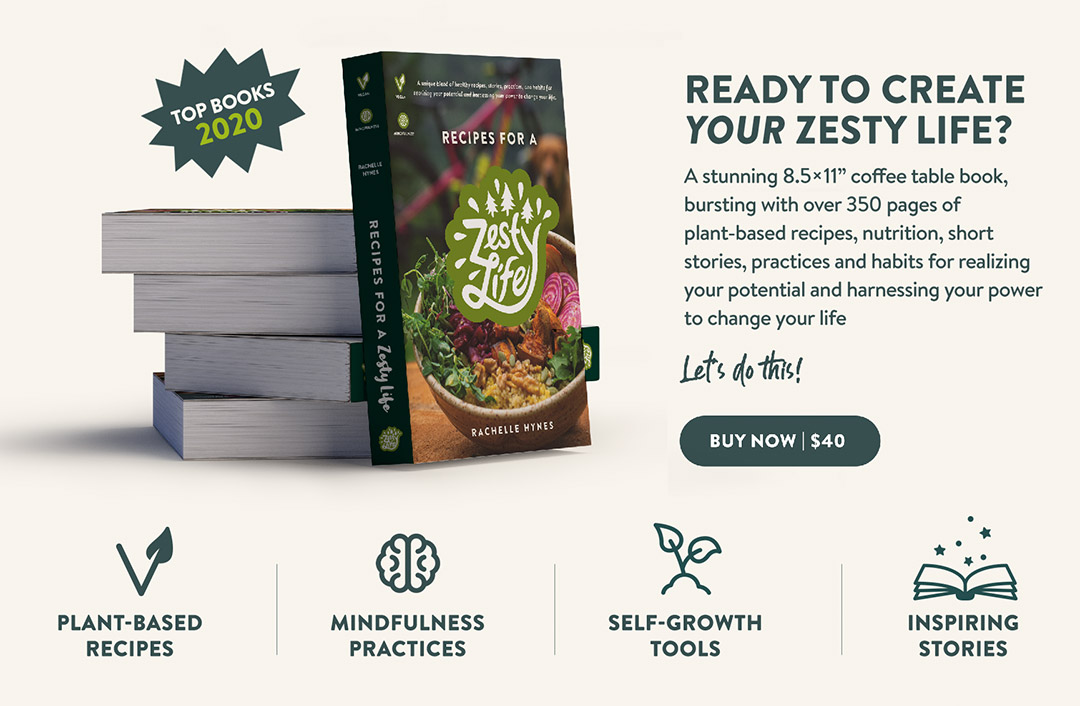
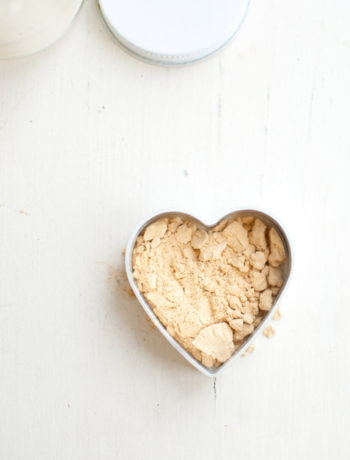
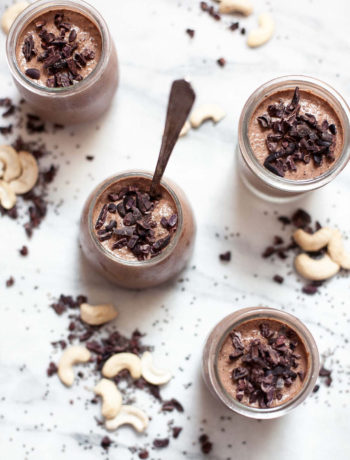
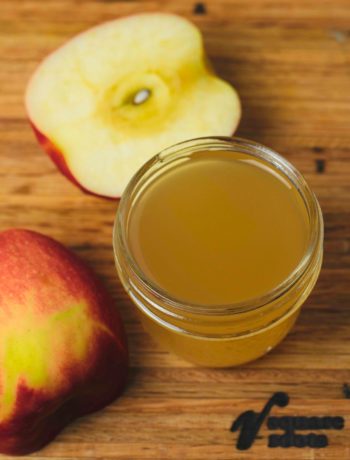
No Comments